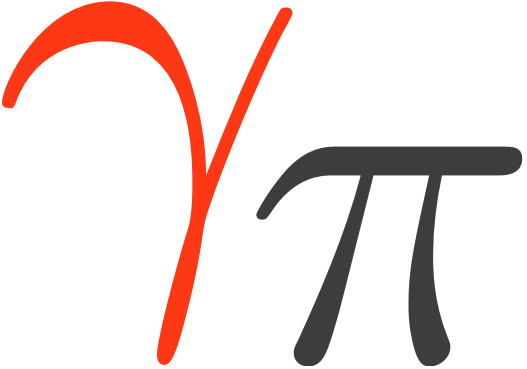FluxMetaData#
- class gammapy.estimators.FluxMetaData[source]#
Bases:
MetaDataMetadata containing information about the FluxPoints and FluxMaps.
- Attributes:
- sed_type{“dnde”, “flux”, “eflux”, “e2dnde”, “likelihood”}, optional
SED type.
- sed_type_init{“dnde”, “flux”, “eflux”, “e2dnde”, “likelihood”}, optional
SED type of the initial data.
- n_sigmafloat, optional
Significance threshold above which upper limits should be used.
- n_sigma_ulfloat, optional
Significance value used for the upper limit computation.
- sqrt_ts_threshold_ulfloat, optional
Threshold on the square root of the likelihood value above which upper limits should be used.
- n_sigma_sensitivityfloat, optional
Sigma number for which the flux sensitivity is computed
- target
TargetMetaData, optional General metadata information about the target.
- creation
CreatorMetaData, optional The creation metadata.
- optionaldict, optional
additional optional metadata.
- Notethese quantities are serialized in FITS header with the keywords stored in the dictionary FLUX_METADATA_FITS_KEYS
Create a new model by parsing and validating input data from keyword arguments.
Raises [
ValidationError][pydantic_core.ValidationError] if the input data cannot be validated to form a valid model.selfis explicitly positional-only to allowselfas a field name.Attributes Summary
Configuration for the model, should be a dictionary conforming to [
ConfigDict][pydantic.config.ConfigDict].Attributes Documentation
- model_config = {'arbitrary_types_allowed': True, 'extra': 'forbid', 'use_enum_values': True, 'validate_assignment': True, 'validate_default': True}#
Configuration for the model, should be a dictionary conforming to [
ConfigDict][pydantic.config.ConfigDict].
- __init__(**data)#
Create a new model by parsing and validating input data from keyword arguments.
Raises [
ValidationError][pydantic_core.ValidationError] if the input data cannot be validated to form a valid model.selfis explicitly positional-only to allowselfas a field name.- Parameters:
data (Any)
- Return type:
None
- classmethod __new__(*args, **kwargs)#
